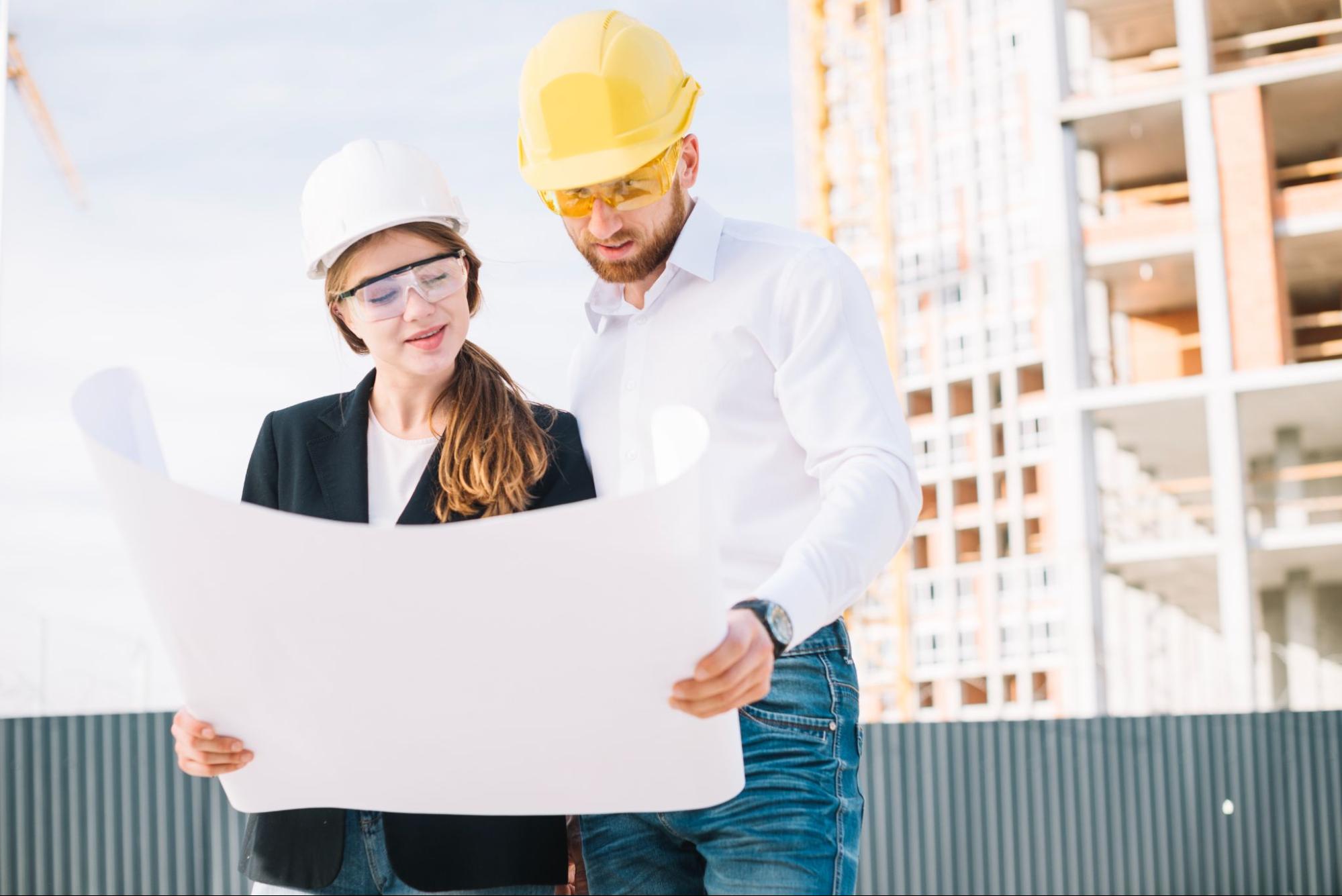Costs and taxes when buying a home

Thinking about buying a property but don’t know what the transaction costs are? Be aware that; not only do you need to pay the amount that the home costs; the transaction includes some taxes that you’ll have to pay, as well other costs. What are they? How to calculate the cost of buying a property?
Costs of buying an apartment or a house
People generally think that the last step when it comes to buying a property is when the purchase contract is signed. Nevertheless, there are some costs that you’ll have to take into account upon acquiring an apartment or house. It isn’t enough to just pay for the property, whether in one go or by taking out a mortgage, as there are some taxes that need to be paid in order to formalise the transaction for you to become the legitimate owner of the property.
How much should you save to buy a house? If you’re thinking of buying a property, the first thing you should do (besides choosing the property) is to find out what taxes are charged by the Autonomous Community where you are buying the property, as these may vary. Now then, the other costs include:
- Property appraisal. This document must be issued by a certified professional with the purpose of ascertaining the real value of the property. This is necessary, not only so that you know if what the seller is asking is fair, but it is one of the requirements when taking out a mortgage. It is only mandatory if you’re going to apply for a mortgage. In these cases, it must be an ECO appraisal paid for by the client who can choose the appraiser he/she deems fit.
- The earnest money contract. This contract is signed prior to the sale in which you will have to pay a percentage of the price of the home (which is discounted at the end). This is a purchase guarantee because, if the buyer fails to comply with them and withdraws from the sale, the earnest money is forfeited. If the seller waives their right to sell the house, then they will have to return the earnest money multiplied by two. This depends, of course, on the type of earnest money contract to be signed: penitential, penal and confirmatory. This is an agreement between private parties and is not required (although it is very common).
- Issuance of deeds. When you buy a property, you must formalise your purchase with the deeds. The deeds, which are notarised, are the documents that prove that the house is yours.
- Payment to the Land Registry. Having the deeds is not enough, they must be registered. In other words, the Government must know that you are the new owner of a property.
Taxes on the purchase of a property
As well as the aforementioned costs, some tax obligations arise from the purchase and sale of a property, depending on the Autonomous Community where the property is located.
The amount of tax also depends on the price of the property, as well as on whether it is a new build or second occupancy (second hand). When the property is a new build (you acquire it directly from a construction group as part of a project), then the most significant amount to be paid will be VAT. In 2022, VAT on property purchases amounts to 10% of the value of the property. How to calculate VAT when purchasing a new property? If an apartment costs €150,000, the VAT will be €15,000.
However, take note, because in the Canary Islands a different tax is applied, so it is very important to state where the property is located. In the Canary Islands, the Canary Islands General Indirect Tax or IGIC is applied, which is equivalent to 6.5% of the value of the house. However, when social housing is purchased, the VAT rate will be 4%.
What other taxes are paid on property purchases? As well as VAT, there is Stamp Duty Tax (IAJD), which is usually somewhere between 0.4% and 1.5% of the value of the property. It varies from one Autonomous Community to another.
One of the taxes you’ll have to take into account when buying a second-hand house is the ITP or Transfer Tax (Impuesto sobre Transmisiones Patrimoniales). When you buy a second-hand property, it already has an owner who must transfer full ownership of the property to you. The value of the ITP varies depending on the percentage that is applied to the price of the deed, as well as the Autonomous Community. It is usually somewhere between 6% and 10%.
The case for reduced taxes for buying a home
In some cases, there are tax reductions. These reductions apply when the property purchased is a subsidised housing unit (VPO), but also when you are registered as a large family. Young people and people with disabilities can also benefit from a reduction in taxes on property purchases. For example, in Madrid, in 2022 the ITP will be reduced to 4% when the buyer is a large family and provided that the property meets a number of requirements.
In Andalusia, in 2022 the ITP applicable is 6% when the property is acquired as a habitual residence and provided that the property costs no more than €150,000. If the buyers are victims of gender violence, terrorism or if they are under 35 years old, then the ITP will be 3.5%. The same applies to those buying property in depopulated areas or areas at risk of depopulation, as well as to people with disabilities.


